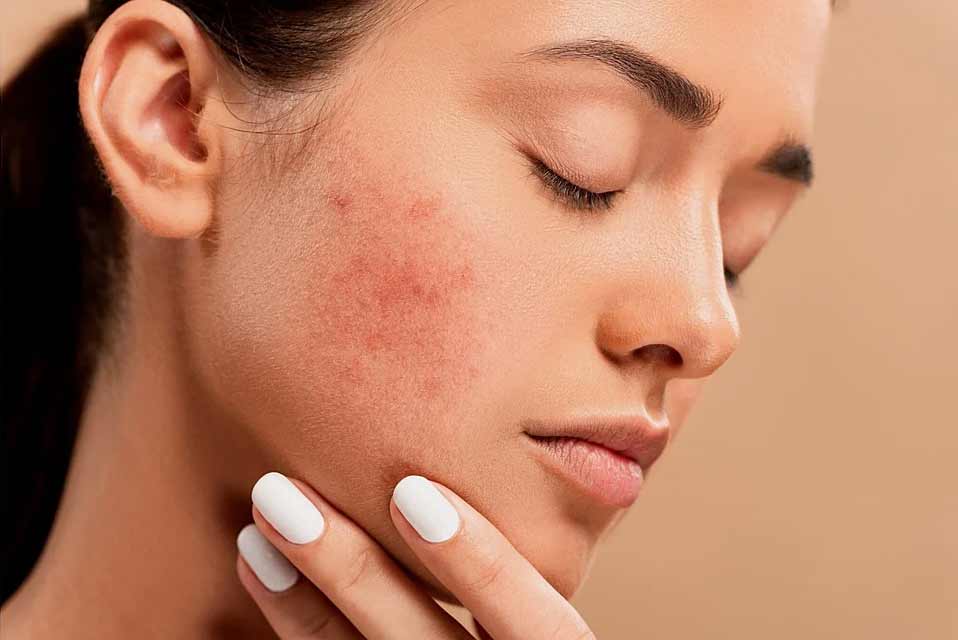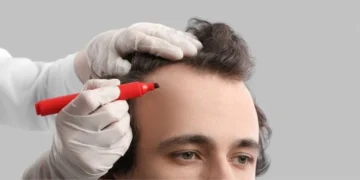Contrary to what some people think, it is not only teenagers and young adults that can experience an outbreak of acne but rather anyone of any age.
The most common skin condition of them all, acne is essentially caused by a build-up of bacteria and dead skin cells which attach themselves to the oil which is naturally on the top of your skin. So, regardless of your age, if you are currently struggling with acne, then continue reading for a guide to dealing with acne and getting your confidence back.
What Type of Acne Do You Have?
Although everybody’s skin is different, there are only a few different types of skin conditions and symptoms that come under the proverbial umbrella heading of ‘acne’:
- Blackheads, which are pores that are clogged and open and are black in color
- Nodules & cysts, which are red and rather large spots filled with pus
- Whiteheads, which are swollen pores that are clogged to capacity
- Pimples, which are smaller, bright red spots with pus at the surface
As previously mentioned, acne can occur in a person of any age, but is indeed more likely in teenagers and younger adults, between the ages of 11 and 27. Additionally, acne tends to affect girls of a younger teenage age and boys in their later teen years.
Non-Surgical Options
If you have been suffering from acne for a while now and are looking for a more effective way to rid your skin of the itchy and downright irritating spots, but are reluctant to consider surgery, then, fortunately, there are several available non-surgical options.
By far the best suggestion would be to contact an established and renowned clinic, such as riveraesthetics.com, whose expert dermatologists will be more than happy to arrange a consultation.
Other non-surgical options for acne sufferers include, but are not limited to, the following:
- Topical antibiotics applied to the skin
- Azelaic acid in cream form
- Isotretinoin tablets
- Combined oral contraceptive pill (for women only)
- Antibiotic tablets
- Topical retinoids
Home Self-Care Options
If your acne has only just developed and, therefore, is not causing you significant distress at this time, then you should first try treating your skin at home and engaging in daily skin-care rituals.
First off, although presumably, you are already washing your face every morning and again before you go to bed, you should now only use warm water and a mild, sensitive face wash. Additionally, stop using sponges and exfoliating cloths on your face and, instead, either just use your hands or invest in a high-quality and super-soft facecloth.
Even if one or more areas of your acne are starting to itch, avoid squeezing or picking your spots, as this could both make the acne spread and also will make it more likely that you will end up with acne scars.
The most important thing to remember is that there are plenty of ways to help reduce and even remove patches of acne, so you should contact your doctor right away to discuss your options.


 Home
Home








